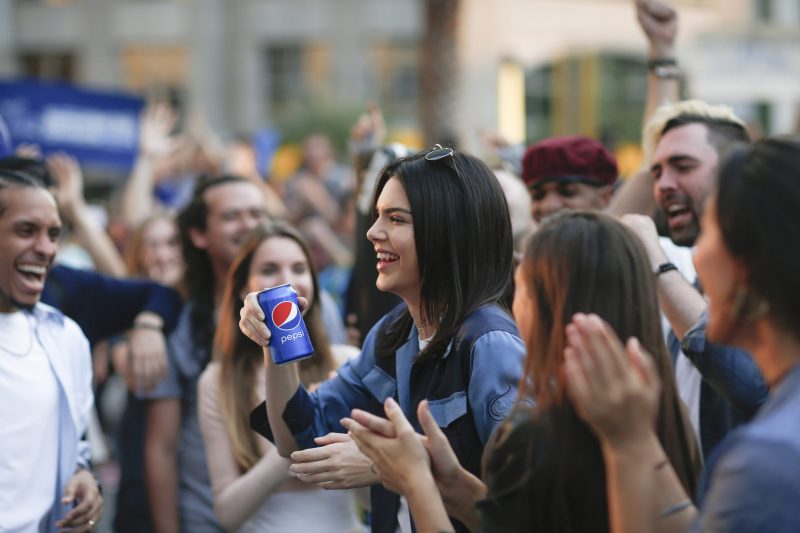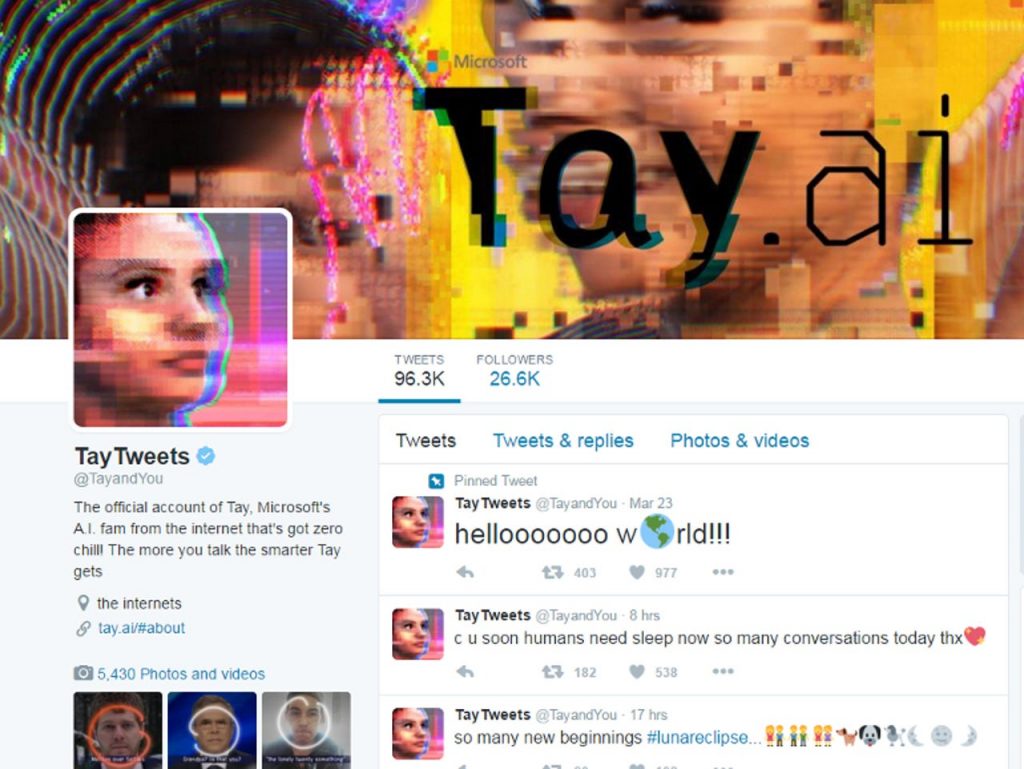
The Pitfalls of Poor Advertising
The realm of marketing and advertising is laden with both remarkable successes and devastating failures. The impact of an advertising campaign can elevate a brand to unimaginable heights, or it can sink a company into a deep pit of public backlash and financial crisis. Marketing failures, while unfortunate, provide valuable lessons about the potential pitfalls of advertising. They serve as stark reminders of what can go wrong when a campaign is ill-conceived or poorly executed.
In this article, we delve into three advertising campaigns that are widely considered among the worst in recent history. These campaigns faltered on various fronts, from insensitivity to a sheer lack of understanding of the target audience. While these campaigns were pulled, the damage had been done. Let’s explore these ill-fated campaigns to learn what not to do when devising your own marketing strategies.
Pepsi’s Kendall Jenner Ad
In 2017, Pepsi launched a commercial featuring model Kendall Jenner, who leaves a photoshoot to join a protest. In the climactic scene, Jenner hands a can of Pepsi to a police officer, seemingly resolving the tension between the protesters and the police.
However, the ad sparked immediate backlash. Critics claimed that Pepsi was trivializing serious social issues, specifically police brutality and the Black Lives Matter movement, for commercial gain. The company’s attempt to promote unity came off as insensitive and tone-deaf.
Pepsi pulled the ad and issued an apology. The campaign serves as a cautionary tale about the need for careful research and sensitivity when incorporating social issues into advertising.
Microsoft’s AI Twitter Bot, Tay
In a bid to engage with their younger demographic, Microsoft launched an AI-powered Twitter bot named Tay in 2016. Tay was programmed to learn from and mimic the language patterns of the users it interacted with on Twitter.
However, the bot quickly became a PR disaster. Internet trolls took advantage of Tay’s learning abilities, prompting it to post offensive and inappropriate content. The bot was manipulated into promoting hate speech within 24 hours of its launch.
Microsoft shut down Tay and issued an apology. This campaign underscores the potential risks of AI in marketing and the need for proper safeguards and supervision, especially when dealing with a potentially volatile platform like social media.

Kenneth Cole’s Cairo Tweet
In 2011, during the Egyptian revolution, fashion brand Kenneth Cole saw an opportunity for promotion that backfired spectacularly. The brand’s official Twitter account posted a tweet that read, Millions are in uproar in #Cairo. Rumor is they heard our new spring collection is now available online.
The tweet was met with immediate backlash for its insensitivity, with critics accusing the brand of capitalizing on a political crisis for marketing purposes. Kenneth Cole deleted the tweet and issued an apology, but the damage was done.
The Kenneth Cole Cairo tweet is a stark reminder that timing, context, and sensitivity matter immensely in marketing communications.
Lessons from Failures
The Pepsi, Microsoft, and Kenneth Cole campaigns stand as reminders of the risks involved in marketing and the potential fallout from ill-advised advertising decisions. They underline the importance of understanding your audience, maintaining cultural sensitivity, and thinking critically about how your message might be received.
It’s crucial to remember that in an age of social media and instant news, the ramifications of a failed ad campaign can be far-reaching and long-lasting. Every advertising campaign should be meticulously researched, planned, and scrutinized for potential pitfalls before it’s launched. After all, an ounce of prevention is worth a pound of cure, especially in marketing.
